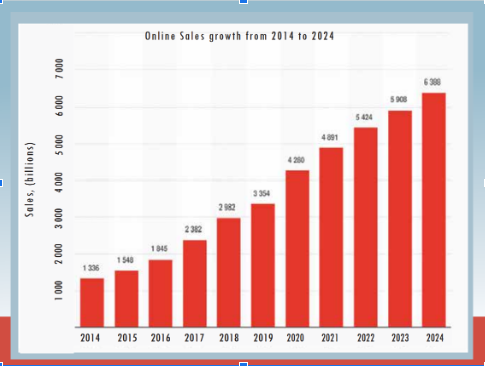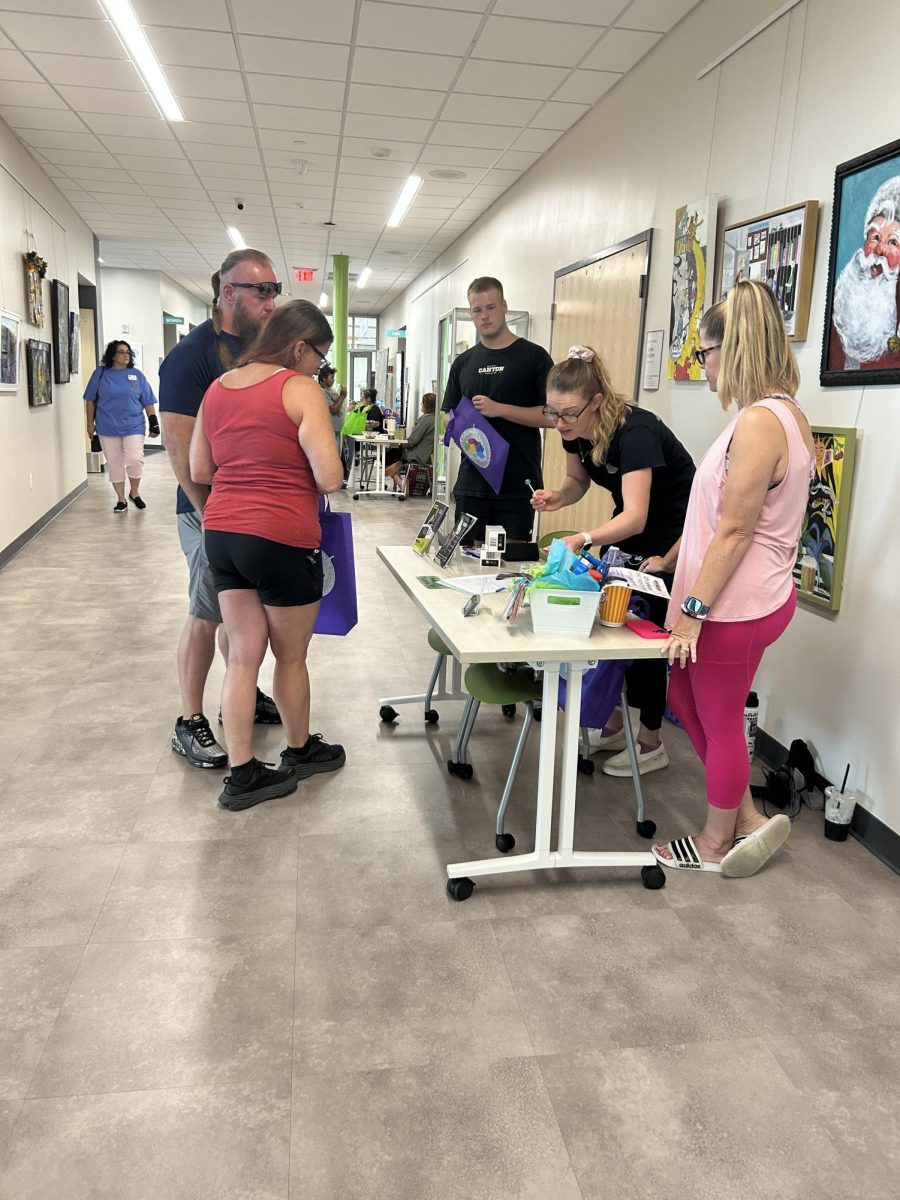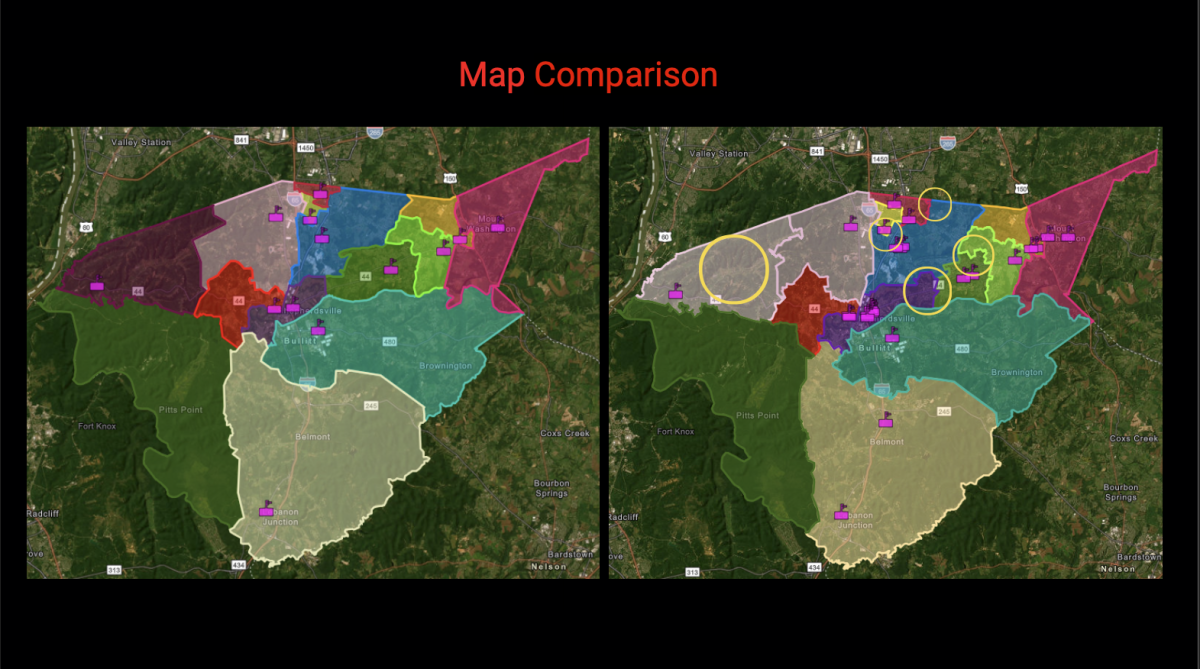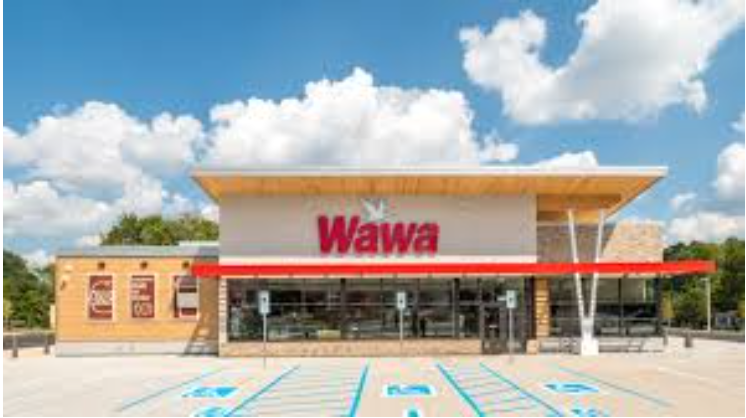Small businesses are closing due to an increase in online shopping habits developed over the past ten years.
In today’s fast-paced and interconnected world, many people are drawn to the convenience and accessibility of online shopping and chain stores. However, this habit often results in overlooking the advantages that small, local businesses bring to the table. These benefits include personalized customer service, contributing to the local economy, unique offerings and products, and job creation. It’s essential to recognize and appreciate the positive impact these local businesses have on our neighborhoods and consider supporting them to ensure the vibrancy of our community.
The relationship between 2019 marking the largest year for small business and retail store closures and the popularity of online shopping is clear. In 2015, 7.4% of retail sales were online. Due to many factors, online shopping is at its peak rate, standing at around 20.1%, and is expected to rise soon. Many believe the transition to online shopping was caused by the pandemic, which kept people at home, working, shopping, and studying online, leading to a surge in online shopping sales.
Amazon, a major player in the U.S. online retail industry, has significantly transformed consumer shopping habits. With the rapid decline of traditional retail establishments, there is ongoing debate about the extent to which Amazon is responsible for the rapid closure of small businesses across America.
The pandemic forced many businesses to shut down, while others suffered significant losses, ultimately leading to their closure. Nonessential small businesses were among those that had to close. Shelby Packer, a former small business owner who ran a boutique in town for 15 years, experienced the impact firsthand. She emphasized how the shift in consumer behavior during the pandemic had a lasting effect. “The American consumer was essentially trained to no longer shop in stores,” Packer said.
As store traffic has reached record lows, small businesses globally have been affected. “From small boutiques to large box stores, it was hard to compete with larger online stores,” Packer said.
“Online shopping has shown people there is no need to shop anywhere else. You can literally buy anything online. Gift-buying at my shop has decreased by over 80%,” Koenig said.
It’s evident that in-store shopping traffic has significantly declined due to the increasing popularity of e-commerce.
Shopping online is convenient, but local shopping, despite the number of closures, has its benefits too. When you shop in person, you get personalized advice and the chance to inspect items before you buy. Plus, local businesses often have easier return policies and care about making customers happy. There’s something special about the experience of shopping in person—you might make unexpected discoveries and feel more connected to your community. And let’s not forget how perfect it is for those last-minute gifts and holiday decoration ideas. However, with the growing popularity of online shopping, it would be especially challenging to change consumers’ online shopping habits now.
Shopping at small businesses helps the local economy thrive. Online shopping often benefits foreign vendors, but supporting small businesses keeps money in the community.
“It’s impossible for small businesses to compete with large online retailers like Amazon, Shein, and Temu,” Packer said.
“This will be the death of the small mom-and-pop stores in America,” Packer added.
The popularity of online shopping has greatly increased for various reasons, such as convenience, a wide variety of products, and the ability to compare prices easily. Online shopping has also driven away in-store customers and local shoppers, which are essential to small-town communities and economies. Improved technology has made online shopping more appealing, with enhanced shipping and delivery options further boosting its popularity. Shopping online also helps e-commerce businesses worldwide succeed.
Since online shopping has become so popular and such a strong competitor for small businesses, they are forced to establish online profiles and platforms. Operating both online and in-store has proven beneficial for many small businesses, including CJs Handmade in Mount Washington.
“I’m able to adapt by constantly adding to my website and promoting, promoting, promoting.” said Owner Connie Koenig
Koenig emphasized the importance of maintaining an online presence alongside the physical store.
To remain competitive with online shopping, small businesses should consider establishing their own unique websites to showcase and promote their products. However, as Packer noted, it’s impossible to compete with big chain stores that operate solely online.
Over the past decade, online retail sales have experienced remarkable growth, soaring from slightly over $1 billion to nearly $7 billion from 2014 to 2024. This surge is associated with advancements in technology. Consequently, in-person sales have decreased. Small-town businesses are now feeling the impact of this change.
Before the pandemic, small businesses thrived in towns. “We opened a second retail store in January of 2019 and had over 35 employees. A year later, COVID happened, and it was never the same again,” Packer said.







